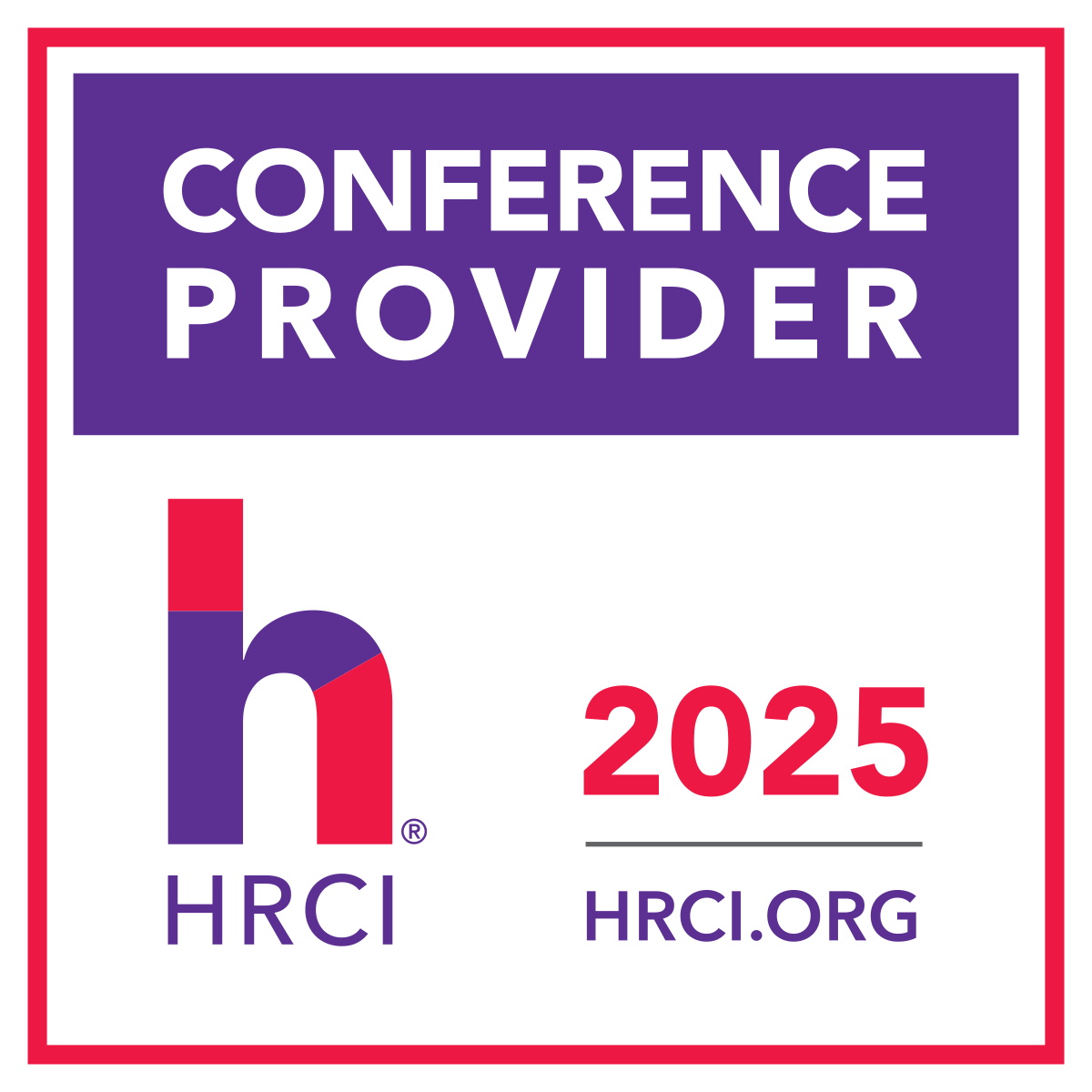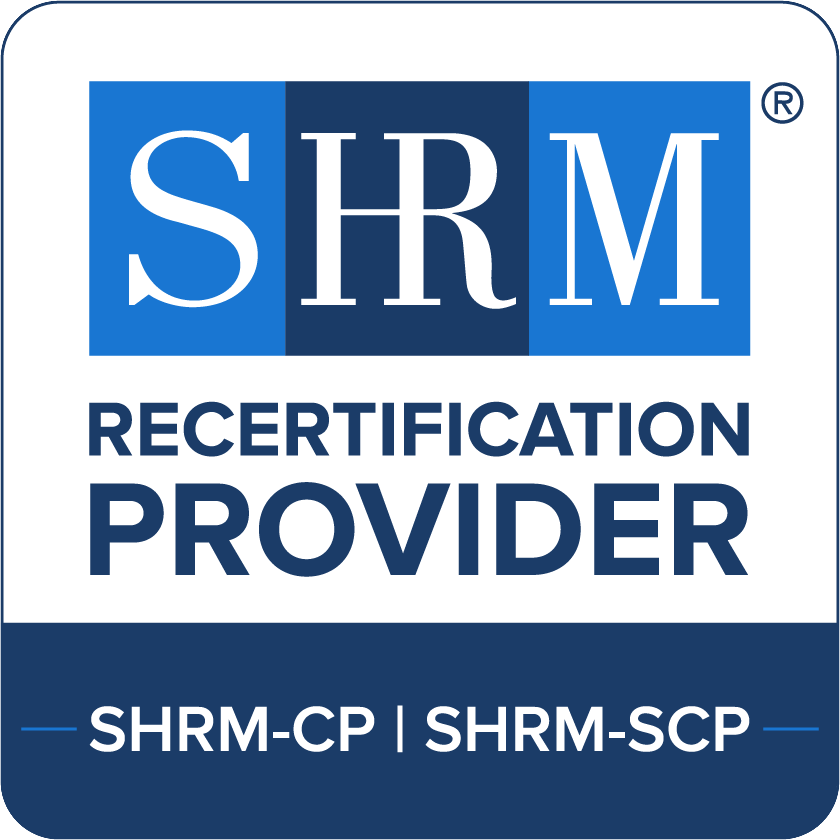Unlocking Profit 2025: Mastering Rental Income & Expenses Through IRC §280A
- This Session has been approved for 1.5 CPE hours under IRS. Credits applicable for LIVE session only

Anthony Curatola
Tony Curatola is the Joseph F. Ford Professor of Accounting and Tax at Drexel University in Philadelphia. Tony’s area of...
Cart Value $ 0.00
Description
It is common for a taxpayer to own more than one property. In some of these cases, the non-primary residence may be rental property, part rental/part personal, or casual rental. In each case, the taxpayer needs to follow the tax rules in determining the income and expenses associated with each of these properties.
In this session, we take an in-depth review of IRC §280A. This section of the Code provides rules for taxpayers claiming a dwelling unit that is rented and sometimes used by the taxpayer during the taxable year. Depending on the situation, the taxpayer must determine the percentage of days associated with rental income, personal use, and non-rental/personal usage to determine the true deductible expenses. Moreover, the taxpayer and tax professional must be cognizant of the proper tax form required by the tax law to report the income and expenses.
Another special tax rule in the Code provides a rule to allow the taxpayer to exclude the income if certain time limits are met. In such cases, the taxpayer also is not permitted to claim any expenses.
Areas covered in Session
- An overview of the income and deductions for rental property under IRC §280A
- The treatment of income and expenses when the property is rented part of the time and used part of the time personally
- Distinguish personal use from rental
- Illustrate the calculations associated with limited rental use
- Present the reporting rules for rental income and deductions
Why you should Attend
It is common for a taxpayer to own more than one property. In some of these cases, the non-primary residence may be rental property, part rental/part personal, or casual rental. In each case, the taxpayer needs to follow the tax rules in determining the income and expenses associated with each of these properties.
In this session, we take an in-depth review of IRC §280A. This section of the Code provides rules for taxpayers claiming a dwelling unit that is rented and sometimes used by the taxpayer during the taxable year. Depending on the situation, the taxpayer must determine the percentage of days associated with rental income, personal use, and non-rental/personal usage to determine the true deductible expenses. Moreover, the taxpayer and tax professional must be cognizant of the proper tax form required by the tax law to report the income and expenses.
Another special tax rule in the Code provides a rule to allow the taxpayer to exclude the income if certain time limits are met. In such cases, the taxpayer also is not permitted to claim any expenses.
Who should Attend
- Tax preparers
- CPAs
- Accountants
- Local and regional accounting firms
- Financial Planners
- Consultants
Yearly Plan
$999
Unlimited live sessions
- ✔ Handouts
- ✔ Certificates
- ✔ Access to all sessions
- ✔ 20 Downloads + Transcript
THE SUBSCRIPTION IS VALID FOR A YEAR
6-Month Plan
$499
Unlimited live sessions
- ✔ Handouts
- ✔ Certificates
- ✔ Access to all sessions
- ✔ 10 Downloads + Transcript
THE SUBSCRIPTION IS VALID FOR 6 MONTHS
Related Products



Garrett Wasny , MA, CMC, CITP/FIBP
GARRETT WASNY, MA, CMC, CITP/FITP, is a Certified Manag...



Margie Faulk
Margie Faulk is a senior-level human resources professi...



Margie Faulk
Margie Faulk is a senior-level human resources professi...



Dayna J Reum
Dayna is currently the Senior Director of Payroll & HRI...



Anthony Curatola
Tony Curatola is the Joseph F. Ford Professor of Accoun...



Margie Faulk
Margie Faulk is a senior-level human resources professi...



Nicholas Preusch
Nicholas has worked with the Internal Revenue Service a...

Jo Becker
A Realtor®-turned-fair housing advocate, Jo Becker was ...



Jason Dinesen
Jason Dinesen (EA, LPA) is a tax nerd, entrepreneur, ta...

Lynn Anderanin
Lynn Anderanin, CPC,CPC-I, COSC is the Sr. Director Cod...



Dayna J Reum
Dayna is currently the Senior Director of Payroll & HRI...



Anthony Curatola
Tony Curatola is the Joseph F. Ford Professor of Accoun...
OUR ACCREDITATION PARTNERS

HRCI

IRS Credits

SHRM Credits

